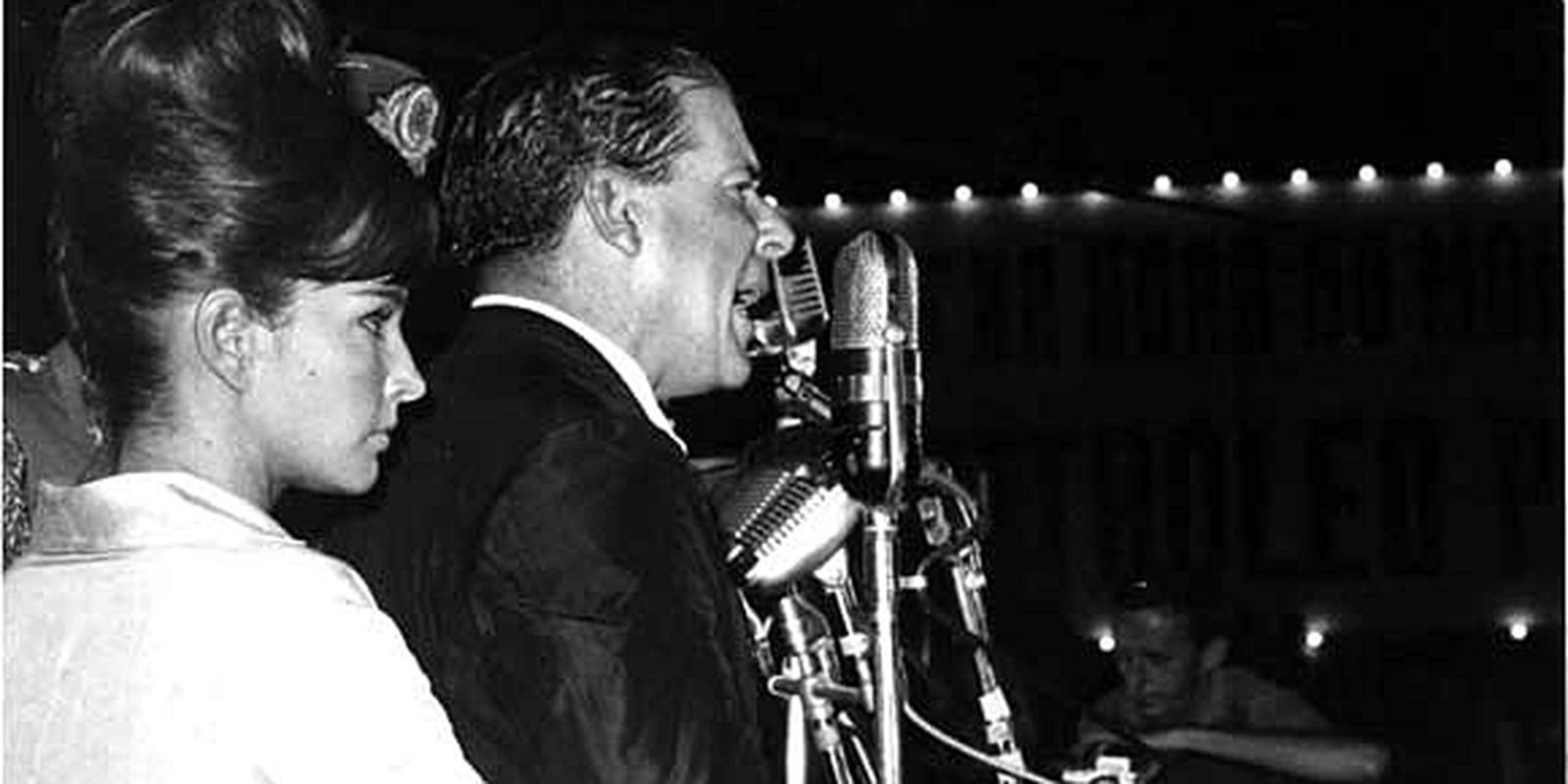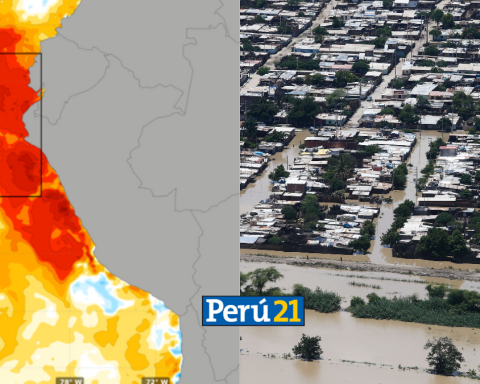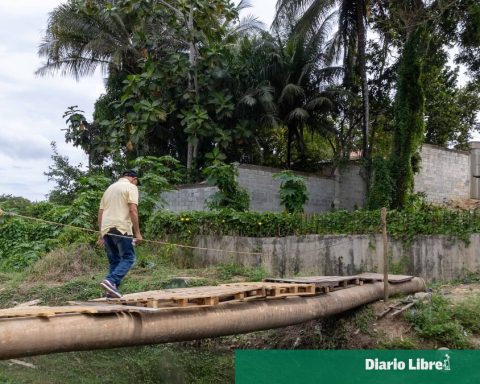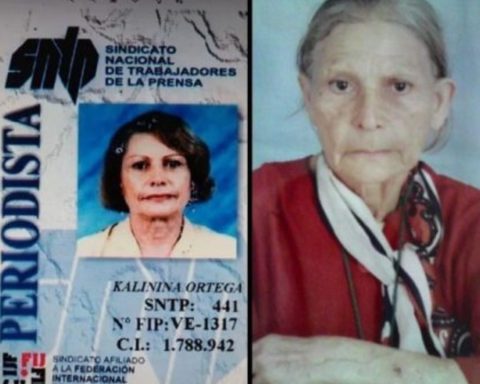In the early hours of April 1, 1964, Army troops left Juiz de Fora (MG) towards Rio de Janeiro. The military coup that, this Saturday, completes 59 years was triggered. On that day, Brazil witnessed intense movement in political circles and the vacancy of the post of president of the republic.
On that day, the borders of the Federal District were almost the scene of a confrontation. A cavalry division left Mato Grosso to occupy the capital. A presidential guard battalion was even sent to contain the invaders, but there was no confrontation, as adherence to the coup movement increased throughout the day within the army.
President João Goulart – known as Jango – faced backlash after giving a speech at Central do Brasil in March, in Rio de Janeiro (photo). He promised land reform and more labor rights. On that 1st of April, Goulart arrived in Brasília in the middle of the afternoon and tried to organize a resistance, but failed. Before midnight, he and his family were on a plane bound for Rio Grande do Sul, his home state.
In the National Congress, parliamentarians met in a session that lasted until dawn. On April 2, the office of President of the Republic was declared vacant. Ten days later, Jango had his political rights revoked after the publication of institutional act number one, which practically eliminated the opposition in the country. At that moment, there was support from various sectors of society and resistance attempts were suffocated.
“Any attempt from that moment on would probably result in failure, since President Goulart’s group decided, after a certain internal clash, not to resist claiming that there could be a bloodbath in Brazil”, evaluates historian Virgílio Arraes .
He justifies this position of Jango’s team: “In view of the finding that the majority of the officers, that important segments of industry, agriculture, the church, the three main states of Brazil at that time were against him, the group considered that even if there was resistance, it would be, in the medium term, fruitless.”
At the time of the military coup, the population of Brasília was relatively small, consisting basically of civil servants. The weight of the private initiative was similar to that of civil servants and the capital’s forms of communication were still incipient in terms of telephony, for example. Thus, the military government quickly took control of the messages that would be conveyed to the population.
One of the places where the repression of the dictatorship was most present was at the University of Brasília (UnB). Among the victims is Honestino Guimarães, a geology student and then president of the National Union of Students (UNE). He disappeared in October 1973 and became a symbol of the fight against the dictatorship.
Matheus Guimarães, Honestino’s nephew, says that he dedicated his life to this cause, to building a better world, in defense of freedoms, sovereignty and the Brazilian people. “It is important that we look to the past, learn from mistakes, from mistakes and also from successes, so that this learning can allow us to take firmer steps in the present towards the future that we want to build”, he emphasizes. Matheus.













